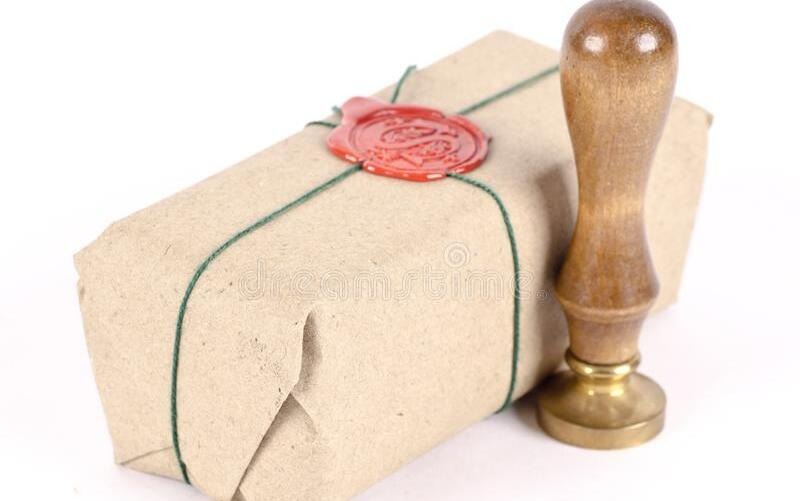Sample Sealing Method
To prevent potential tampering of samples, TAS Inspections has developed a simple, cost-effective method for ensuring sample integrity. The recommended process for sealing product samples is as follows:
- Each sample is labeled with a TAS Inspections sample tag, which includes information such as item details, the buyer, the supplier, the person tagging the item, and any relevant notes.
- The samples are placed inside a carton and the carton is sealed with packing tape.
- TAS Inspections pad paper is placed over at least two edges on each side of the carton and securely taped down, leaving some space for stamping.
- An official TAS Inspections stamp is applied to the carton, ensuring it covers both the pad paper and the carton beneath it.
- The pad paper is then covered with tape to prevent any removal of the stamp or the paper.

Testing Sample Sealing
In today’s fast-paced market, maintaining product quality and safety is essential for success. Consumers are increasingly concerned with these issues and expect brands to manage them effectively. Despite limited expertise, time, and resources, product testing is critical to ensure compliance, reassurance, and performance. Neglecting product testing can lead to damaging product recalls, resulting in financial loss and damage to a brand’s reputation.
TAS Inspections offers a unique sample sealing and dispatch service, providing confidentiality and anonymity to the testing lab without revealing the factory or supplier. Product lab testing is relevant at all stages of the manufacturing process, from the approved sample through to the production sample and finished goods. With the extensive capabilities of WORMS SAFETY LABORATORIES, TAS Inspections can customize the service to meet a wide range of product testing needs, including chemical, mechanical, electrical, and flammability testing for textiles, garments, bags, luggage, toys, furniture, gifts and premiums, electrical and electronic products, and more.
